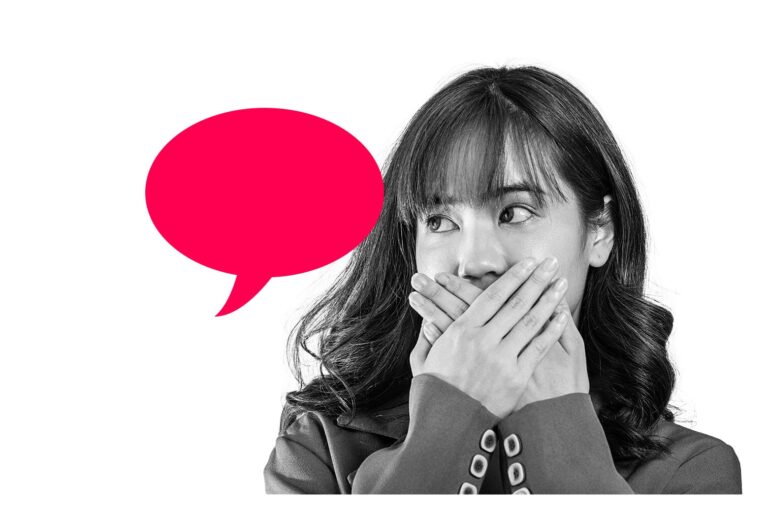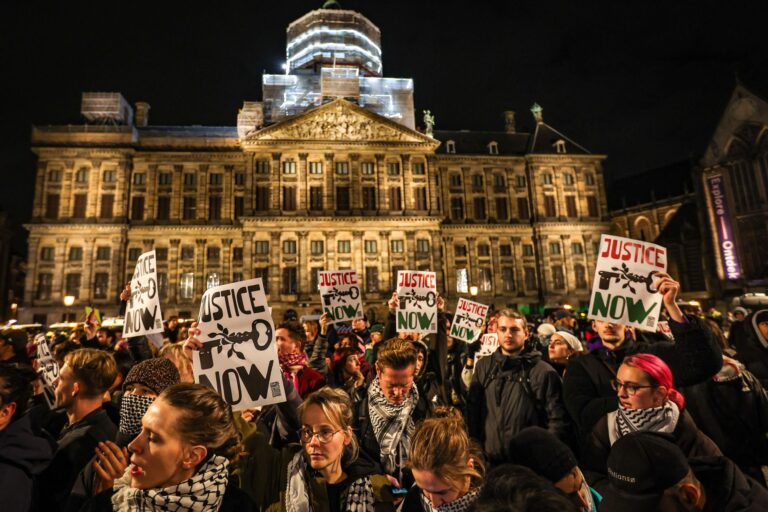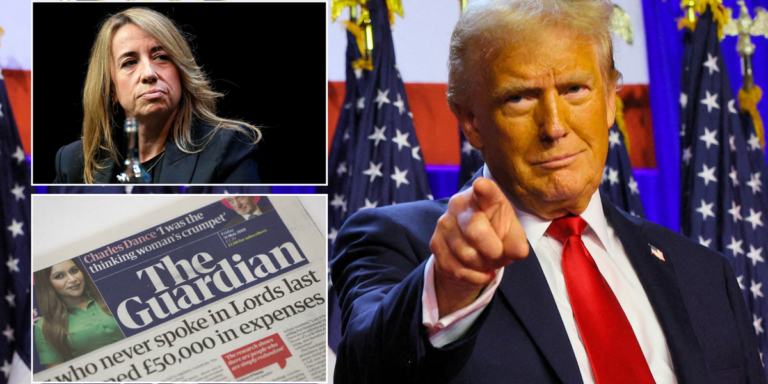The Perils of Cancel Culture: Understanding Its Dangerous Evolution
The Dark Side of Cancel Culture: What You Need to Know
In today’s fast-paced digital age, where the click of a button can ignite a wildfire of outrage, we find ourselves grappling with the complexities of cancel culture. But what exactly is it, and why should we pay attention? Let’s dive into the murky waters of this phenomenon, its evolution, and the potential dangers that lurk beneath.
What is Cancel Culture?
At its core, cancel culture is a social phenomenon where individuals or groups are ostracized or boycotted due to their views, comments, or actions. It’s like a digital form of social punishment, and it’s often public. The power of social media amplifies this—one post can spiral out of control in mere moments, leading to widespread condemnation.
Think of it this way: Imagine being in a high school cafeteria, where one wrong comment can lead to someone being socially exiled from the group. In the digital realm, this cafeteria affects millions, and the stakes feel significantly more serious.
The Rise of Cancel Culture
Cancel culture didn’t just appear overnight; it’s evolved alongside social media. The early days of the internet paved the way for self-expression. Platforms like Twitter, Facebook, and Instagram allowed people to share their opinions on a global scale. However, along with this power came the risk of backlash.
Social justice movements gained momentum while social media became an arena for activism. People began to hold leaders, celebrities, and each other accountable for their actions. Yet, somewhere along the line, the intention behind calling out bad behavior shifted. Instead of encouraging dialogue, it morphed into a demand for silence or punishment.
The Evolution from Accountability to Outrage
Here’s where the plot thickens. The line between holding someone accountable and outright canceling them is blurry. Initially, cancel culture aimed to create accountability and address injustices. However, it has transformed into something more pernicious.
-
Accountability: Think back to when social media users called out celebrities for racist or sexist comments. This push for accountability could lead to meaningful discussions and changes.
-
Outrage culture: Fast forward to today, and many instances of cancel culture appear to thrive on outrage rather than constructive conversation. Mistakes, missteps, or even misunderstandings can lead to public shaming, career-damaging consequences, or even threats.
This sort of environment creates a chilling effect—people start to question whether it’s worth speaking out at all. If they fear being “canceled,” they might choose silence over truth. It’s a troubling predicament, akin to walking on eggshells in a room full of people ready to snap on a comment.
Consequences of Cancel Culture
So, what are the real implications of this phenomenon? While some may argue that it leads to social progress, others highlight the grave consequences of cancel culture.
Job Loss and Career Damage
One of the most worrisome outcomes of cancel culture is how it can devastate someone’s career. Just ask Kevin Hart, who was set to host the Oscars but stepped down after old tweets resurfaced. Even if his views have changed, the backlash was swift and severe.
Consider this:
-
Public shaming: Individuals can face severe criticism, sometimes leading to job loss.
-
Career stagnation: Once someone has been “canceled,” it can be incredibly challenging for them to regain footing in their professional life.
Even in cases where individuals apologize or seek to make amends, the public can be unforgiving.
Psychological Toll
Imagine waking up one morning to find that a wave of hatred is directed at you online. The psychological impacts can be profound. Cancel culture can lead to anxiety, depression, and feelings of isolation. It’s as if someone has put a target on your back, and every click of the mouse sends you deeper into despair.
-
Mental health issues: For many, the fallout can result in long-term psychological damage.
-
Social isolation: Long after the dust settles, many canceled individuals may find it difficult to reintegrate into social circles or professional networks.
The Dangers of One-Sided Narratives
Here’s a wild thought: what if the mob got it wrong? The nature of social media often leads to snap judgments based on incomplete narratives. This can result in individuals being canceled without the chance to defend themselves or clarify their comments.
We live in a world where context often gets lost in translation. Take, for example:
-
Misguided outrage: Sometimes, a tweet or comment may be misinterpreted, leading to premature judgment without considering the full context.
-
Credibility issues: When miscommunication happens, the narrative that forms can overshadow the truth. This means that the quest for justice can sometimes lead us further away from it.
Can We Find a Middle Ground?
In exploring the evolution and implications of cancel culture, it’s important to ask ourselves: Can there be a balance?
The Need for Conversations
Rather than rushing to condemn, what if we took a moment to engage in conversations? The essence of learning and growth comes from dialogue. It’s crucial to foster environments where discussions can happen without fear of immediate backlash.
-
Open dialogue: By encouraging conversation, we can create opportunities for learning instead of just punishment.
-
Educating rather than shaming: The focus should shift from attacking to educating, promoting growth and understanding.
Promoting Empathy and Understanding
Let’s face it. We all make mistakes, but it’s how we respond to those mistakes that defines us. If we approach others with empathy instead of outrage, we just might begin to see the humanity in one another.
- Forgiveness: Learning to forgive can lead to healing—not just for the canceled but for society as a whole.
- Growth: People should have the opportunity to correct their mistakes and grow, rather than facing an indefinite banishment.
Conclusion
Cancel culture, as it stands, is a double-edged sword. While it can shine a light on unacceptable behavior, it can also create a dangerous environment fraught with fear and misunderstanding. We need to recognize that we are all human—the potential for making mistakes is inherent in the human experience. By approaching issues with empathy and aiming for constructive conversations, we can navigate the tumultuous waters of cancel culture and emerge with more understanding and connection.
So, what do you think? Is it time to shift our focus from outrage to understanding? Only time will tell.
FAQs
1. What is the primary goal of cancel culture?
Cancel culture seeks to hold people accountable for harmful actions and statements, advocating for social justice and change.
2. Can cancel culture have positive outcomes?
Yes, in some cases, it can lead to awareness and discourse around important social issues, encouraging positive change.
3. How does cancel culture affect mental health?
It can lead to severe anxiety, depression, and feelings of isolation for individuals who are targeted.
4. What’s a better approach than cancel culture?
Promoting open dialogue, forgiveness, and education can lead to more constructive outcomes and a healthier public discourse.
5. Is cancel culture a modern phenomenon?
While the term is relatively new, social ostracism has existed for centuries. The digital age has amplified its reach and impact.







